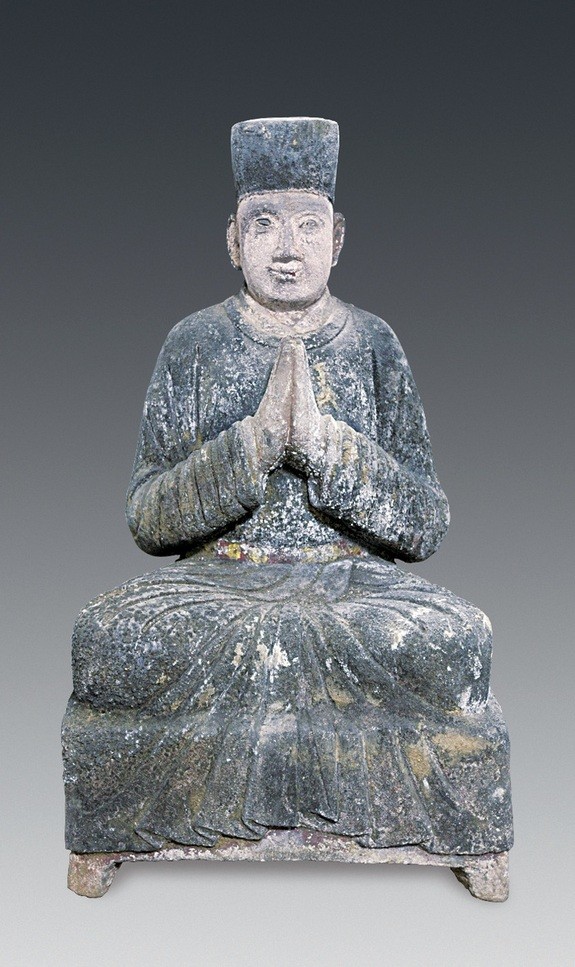Archaeologists have discovered a 1,000-year-old tomb covered with murals in Datong City in northern China, according to the latest published edition of Chinese Cultural Relics, the official English translation of the Chinese archaeology journal "Wenwu."
The findings are described in detail in the article entitled "The Excavation of the Mural Tomb of the Liao Dynasty at Dongfengli Neighborhood, Datong City, Shanxi Province" prepared for the publication by the team from the Datong Municipal Institute of Archeology who took part in the excavation of the tomb back in 2011.
The tomb, located not far from a modern railway station in the city, no longer has the remains of its owner when excavated.
However, a 3.1-foot statue of whom he might have been was found. If that statue was his, the tomb's owner was depicted as a smiling pleasant-faced man sitting in a crossed-legged position on top of a raised platform with his hands touching one another as if praying or as if in greeting or welcoming guests. He was shown wearing a long black robe that also partially covers the platform.
On the other hand, according to Live Science, researchers say it is also possible that the statue acted as a substitute for a burial, in which case the owner's remains were never really left in the tomb.
The tomb walls, ceiling and entrance were found covered in colorful murals. As described by Live Science, the entryway is flanked by two gatekeepers, a male and a female. The male is on the left and holds a staff, while the female is on the right and holds a fan.
Above, there is a Garuda, a fabled humanoid bird. At the ceiling of the tomb, despite being damaged, stars painted in bright red color can be seen connected with dotted lines to form constellations.
The murals on the walls depict various scenes of life during the owner's time. On the scene depicted on the east wall, there is even a poem inscribed which in part reads: "Time tells that bamboo can endure cold weather. Live as long as the spirits of the crane and turtle."




























